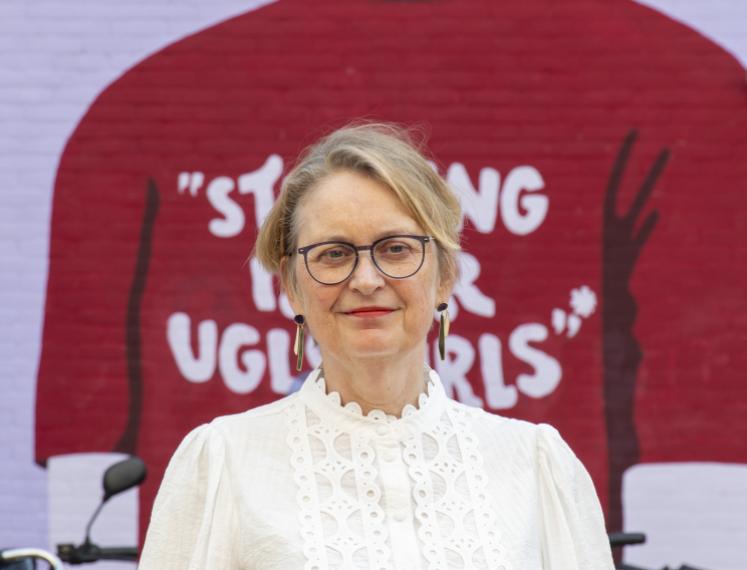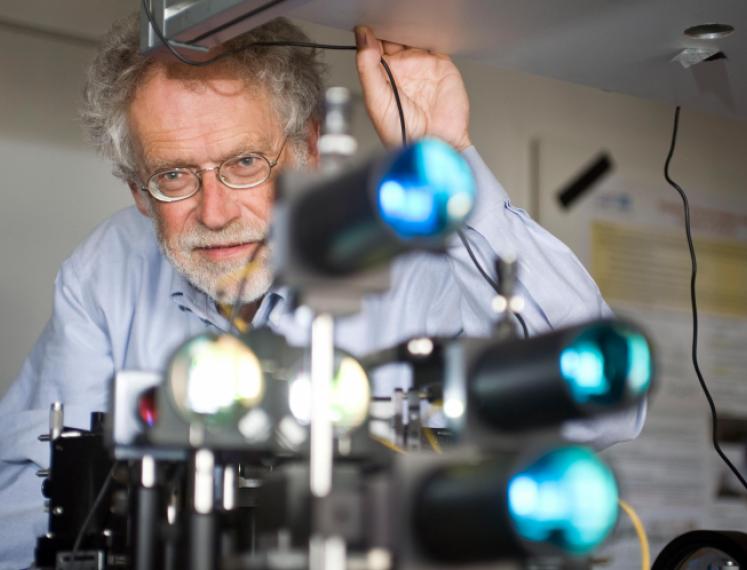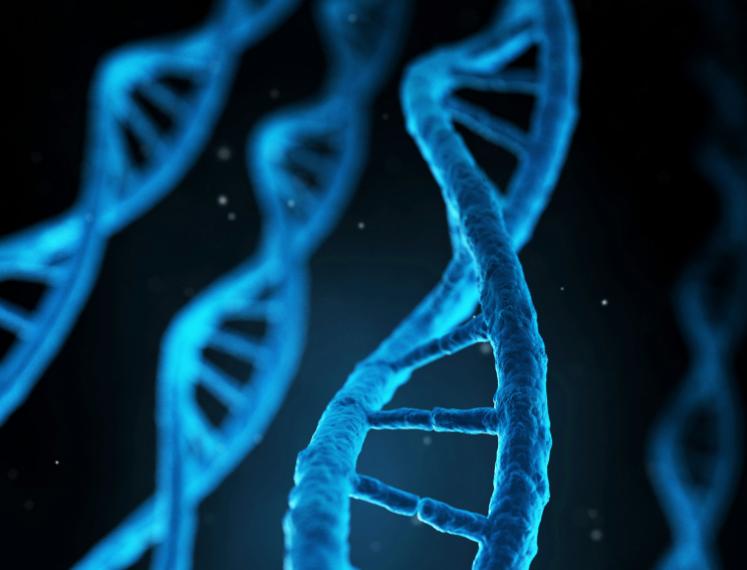Academy Building
Broerstraat 5
Groningen
Netherlands
Good News (and Bad) at the Ends of our Chromosomes
When our cells divide, the ends of our chromosomes – the telomeres – get shorter. In the end, this causes cell duplication to stop: one of the mechanisms of ageing. So the popular belief is that telomere shortening is a bad thing, but actually it is not.
Molecular biologist Titia de Lange will explain how the process of telomere shortening may even prevent cancer. However, it also can promote cancer growth once that has started. What can we learn about the role of our telomeres in disease and in health?
Titia de Lange is director of the Anderson Center for Cancer Research and head of the Cell Biology and Genetics Laboratory at Rockefeller University. In 2019, she received an Honorary Doctorate from the University of Groningen. De Lange has conducted extraordinarily ground-breaking scientific work in the field of the biology of ageing. Her discoveries have resulted in fundamental insights into the way in which cells are able to transfer their genome to daughter cells after each cell division, without damaging it.
Kapteyn Lecture
The KNG, the Royal Physical Sciences Society (founded in 1801) organizes, in co-operation with Studium Generale Groningen, the J.C. Kapteyn-lecture for a wide audience. The lecture is named after the renowned astronomer Jacobus C. Kapteyn (1851-1922), the first Professor of astronomy at Groningen University and for many years a member of the Board and chair of the scientific lectures chapter of the KNG.






